Optimal Timing for Windows Installations
Windows installations are most effective during periods of low system demand, typically in the early mornings or late evenings. Scheduling installations during these times minimizes disruptions and allows for smoother setup processes. Additionally, choosing times when internet connectivity is stable ensures updates and downloads proceed without interruption.
Spring and fall often provide ideal conditions for Windows installations due to moderate temperatures and stable power supplies. These seasons reduce the risk of hardware issues caused by extreme weather.
Performing installations during periods of low system usage helps prevent conflicts with ongoing work, ensuring a faster and more efficient setup.
Prior to installation, backing up important data and ensuring sufficient disk space can facilitate a smoother process and reduce potential data loss.
A reliable internet connection is crucial for downloading updates and drivers during Windows installations, especially for newer operating system versions.

Technicians carefully execute each step of the Windows installation to ensure optimal system performance.

Hardware setup and compatibility assessments are essential before beginning the installation process.

Configuring system settings and installing necessary updates are key to a successful Windows setup.
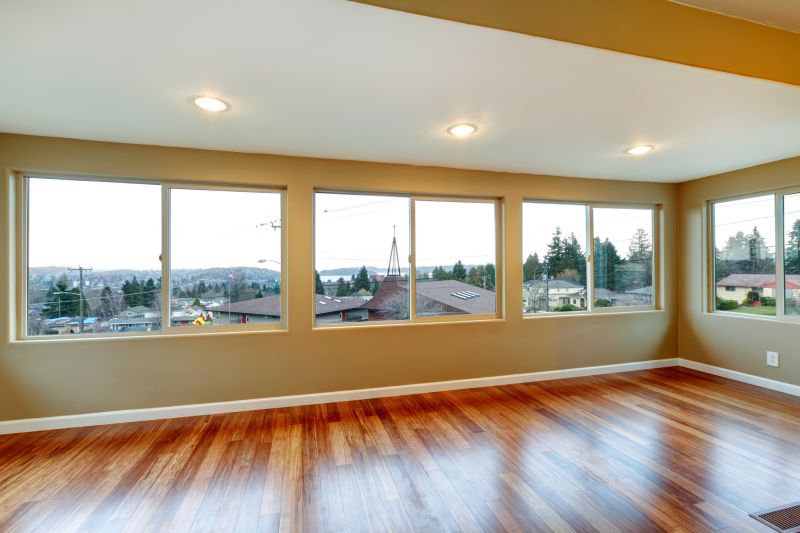
Ways to make Windows Installations work in tight or awkward layouts.

Popular materials for Windows Installations and why they hold up over time.

Simple add-ons that improve Windows Installations without blowing the budget.

High-end options that actually feel worth it for Windows Installations.
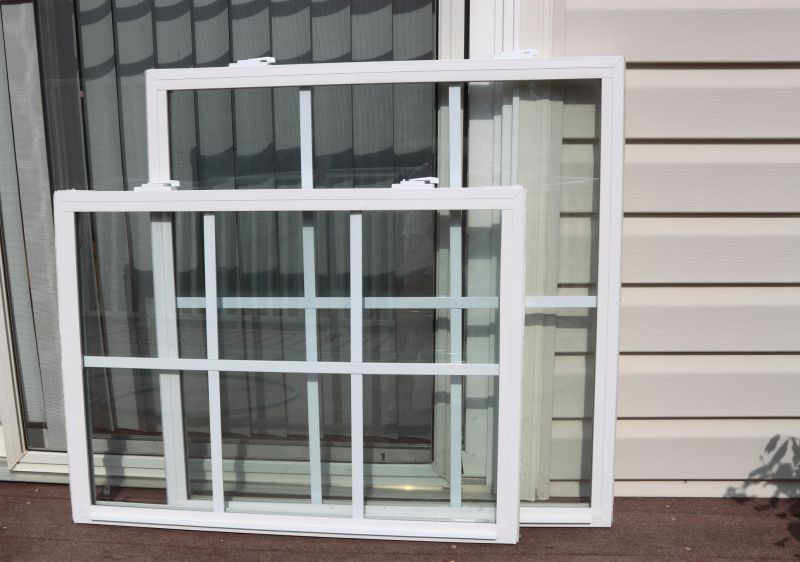
Finishes and colors that play nicely with Windows Installations.
| Aspect | Details |
|---|---|
| Best Time of Day | Early mornings or late evenings |
| Ideal Seasons | Spring and fall |
| Preparation Steps | Backup data, check system compatibility |
| Internet Requirements | Stable connection for updates |
| System Usage | Perform during low activity periods |
| Weather Conditions | Moderate temperatures preferred |
| Hardware Checks | Ensure hardware readiness |
| Post-Installation | Configure settings and updates |

Technicians ensure each step is executed accurately for optimal results.

Assessing hardware ensures smooth installation and operation.
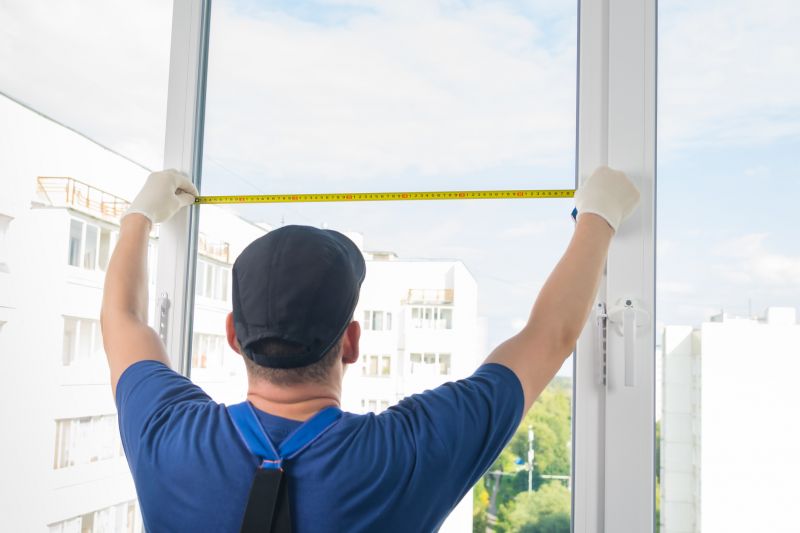
Final settings are adjusted to meet user requirements.

Installing updates enhances security and performance.

Little measurements that prevent headaches on Windows Installations day.

A 60-second routine that keeps Windows Installations looking new.

A frequent mistake in Windows Installations and how to dodge it.

Small tweaks to make Windows Installations safer and easier to use.
Proper timing for Windows installations can significantly influence the success and efficiency of the process. Scheduling during periods of low system activity, ensuring hardware compatibility, and preparing in advance are crucial steps. Regular updates and maintenance post-installation further optimize system performance and security.

A comprehensive view of the installation process ensures clarity and preparedness.

Proper hardware configuration supports successful Windows deployment.

Adjusting settings and installing updates finalize the installation.
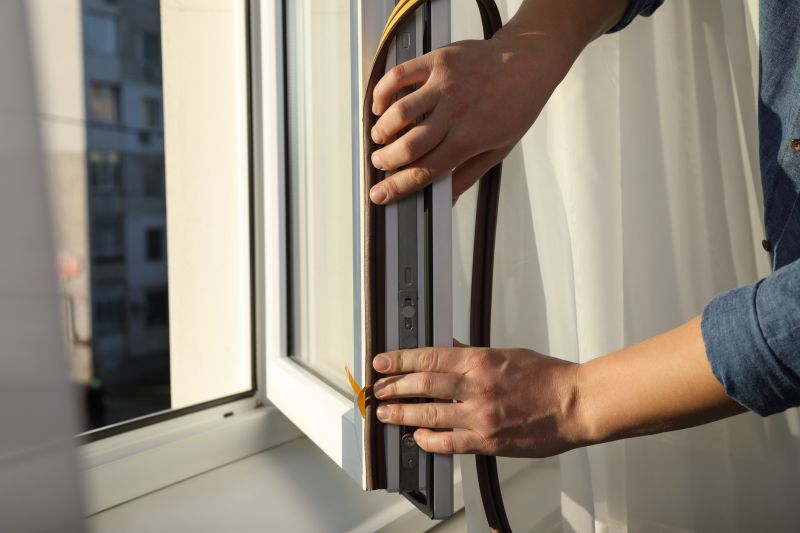
Post-installation optimization improves system speed and reliability.
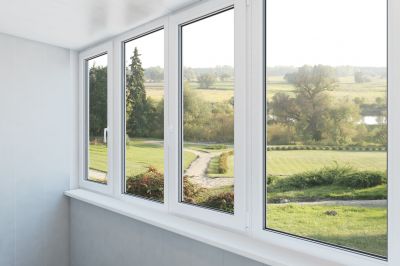
Lower-waste or water-saving choices for Windows Installations.

The short, realistic tool list for quality Windows Installations.
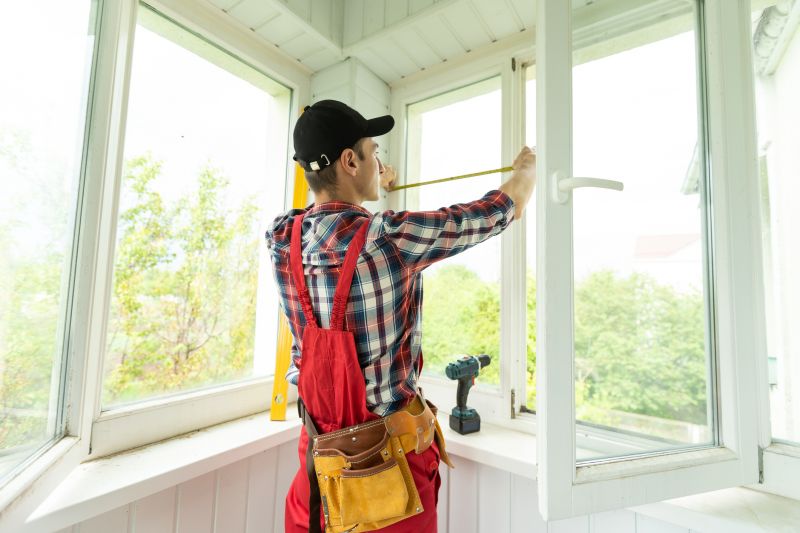
Rough timing from prep to clean-up for Windows Installations.
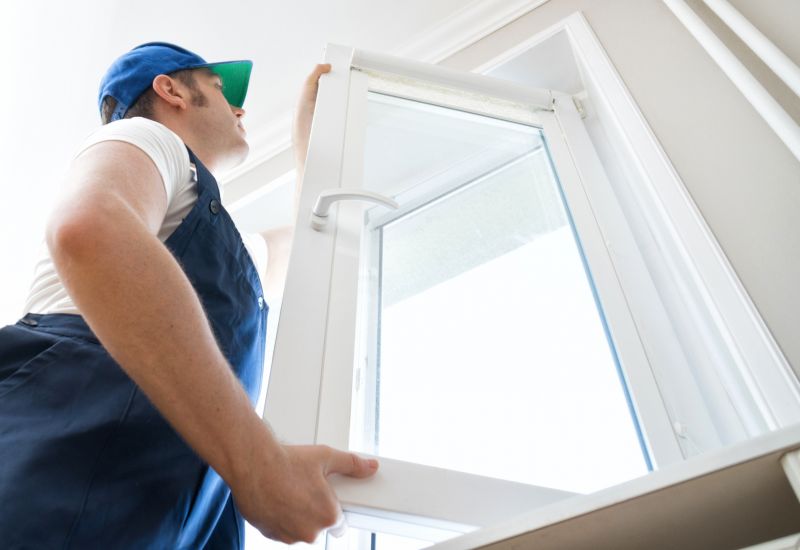
Quick checks and paperwork to keep after Windows Installations.
Interested in scheduling a Windows installation? Filling out the contact form provides an opportunity to discuss options and ensure the process aligns with specific needs. Proper timing and preparation can lead to a seamless setup experience.
